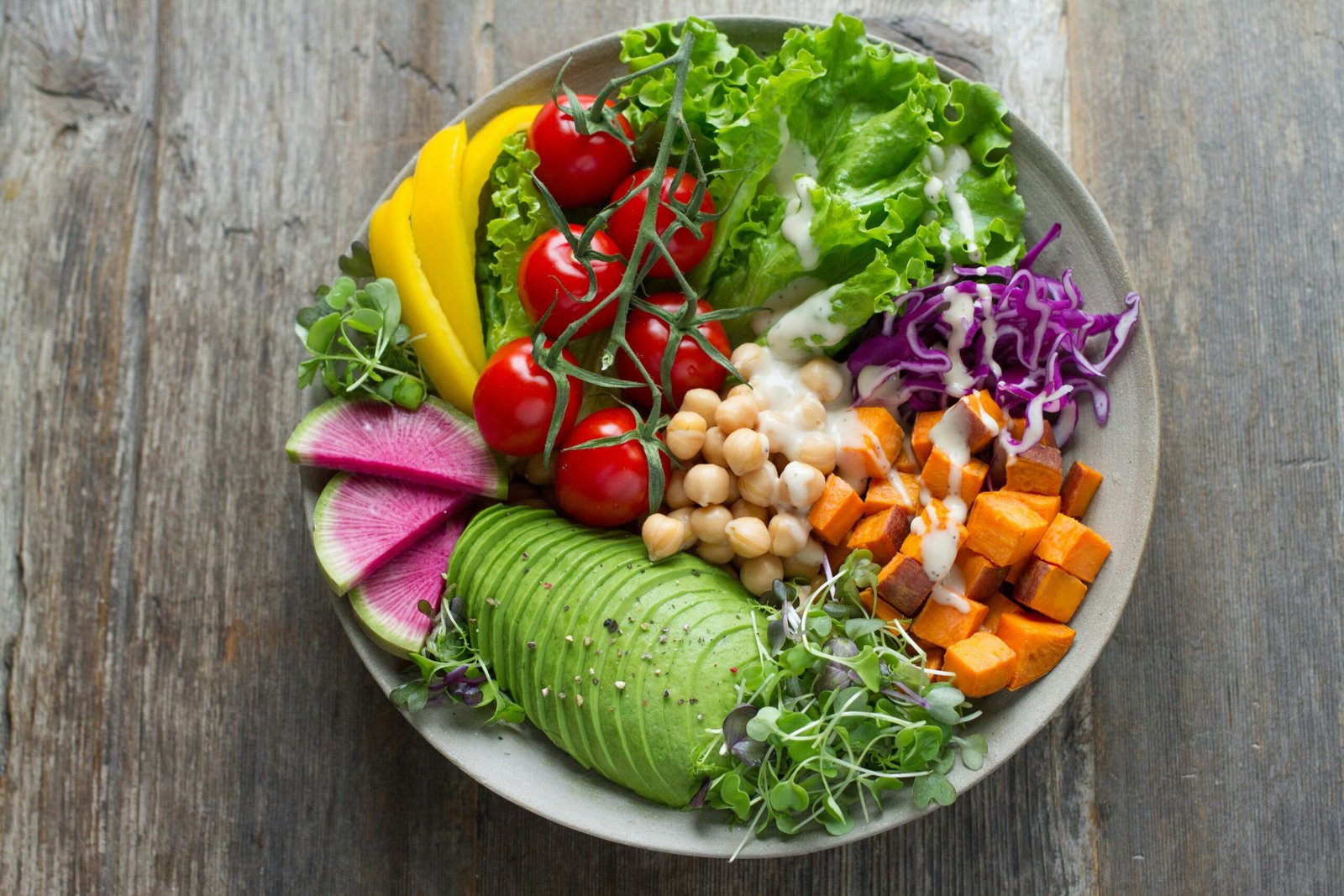In a world where an increasing number of individuals are embracing a vegan lifestyle, the question of whether our beloved pets can do the same naturally arises. After all, if we hold the belief of not causing harm to animals, shouldn’t that philosophy extend to our furry companions? The journey into exploring the feasibility of a vegan diet for pets is a complex one, and it warrants a closer look.
Cultural Insights: Nurturing Carnivorous Pets on a Plant-Based Diet
Traditionally, in Buddhist cultures and some Southeast Asian countries, monks have successfully raised carnivorous animals like tigers on vegetarian diets. This achievement has sparked curiosity about the possibility of nourishing our domestic pets without resorting to meat. However, the key factors in determining the viability of a vegan diet for pets are the nature of the animal and its age.
Feline Friends: Adapting Cats to a Vegan Lifestyle
When contemplating the adoption of a cat and considering a vegan diet from a young age, there is a higher likelihood of successful adaptation. Cats, being obligate carnivores, require specific nutrients found exclusively in animal-based products. Despite this, with meticulous planning and supplementation, it is conceivable to provide a nutritionally balanced vegan diet for cats. Regular check-ups and consultations with a veterinarian become imperative in ensuring the health and well-being of your feline friend.
Discovering Vegan Delights for Cats and Dogs: Research Insights
Now, onto the exciting part – what vegan foods do cats and dogs actually enjoy? Much like humans, each pet has its own preferences, requiring some trial and error to find the perfect fit. For cats, a vegan diet usually incorporates plant-based protein sources such as soy, peas, and lentils. Some commercial vegan cat foods include synthetic versions of essential nutrients like taurine, typically found in animal tissues.
Research indicates that certain vegetables like carrots and spinach can be beneficial additions to a cat’s diet, providing essential vitamins and minerals. However, it’s crucial to note that some vegetables, such as onions and garlic, should be avoided as they can be harmful to cats.
For dogs, being more adaptable omnivores, have a broader range of plant-based protein sources, including soy, legumes, and grains like quinoa. Studies have shown that dogs can thrive on diets rich in plant-based proteins, supplemented with essential amino acids. Vegetables like sweet potatoes and broccoli can contribute to a well-rounded vegan diet for dogs.
However, moderation is key when incorporating certain foods. For both cats and dogs, treats such as fruits (like blueberries and apples) can be given in moderation. It’s essential to avoid toxic foods such as grapes, raisins, and chocolate.
Closing Thoughts: Nurturing Well-being Through Informed Choices
In conclusion, while providing a vegan diet for certain pets, such as cats, is possible, it is crucial to approach this decision with caution and seek professional advice. The nature of the animal, its age, and individual dietary needs should all be taken into consideration. Consulting with a veterinarian well-versed in plant-based diets for pets ensures that your furry companion receives all the necessary nutrients to thrive. Whether opting for a vegan or traditional approach, the primary focus should always be on providing a balanced and nutritious diet that meets their specific needs, prioritizing the well-being of our cherished pets.




